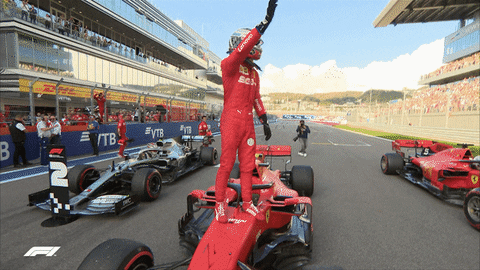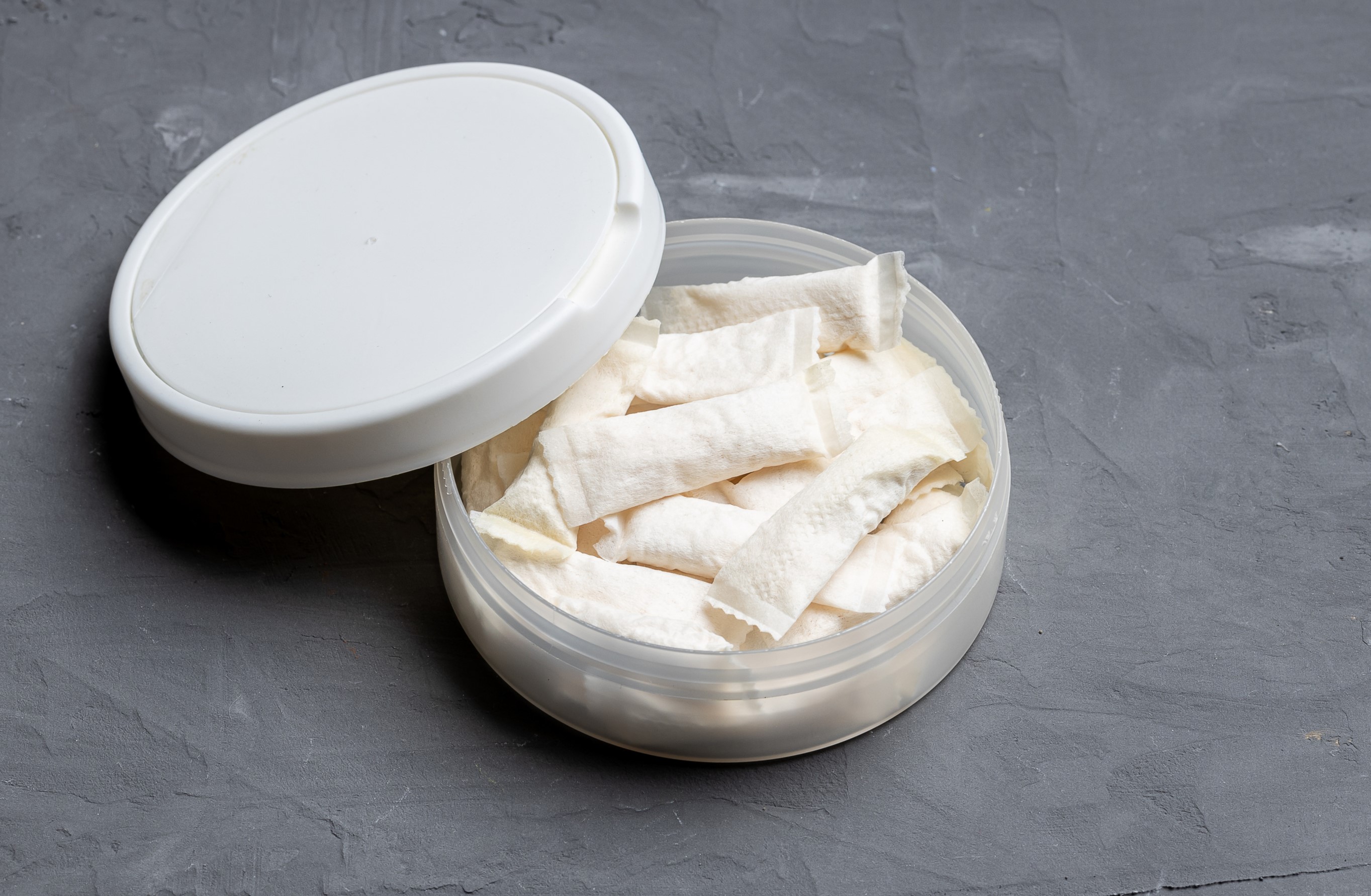.gif)
By sponsoring F1, the tobacco industry is in pole position to hook a new generation of young race enthusiasts across the world on their addictive products.
Big Tobacco have been BIG sponsors of Formula One (F1) since the 1960s, only a few short years after we realised smoking causes lung cancer. It was a perfect match; tobacco companies could place their logos on lightning-fast cars and on the race suits of rockstar drivers to normalise their deadly product.

Over the years, countries began to crack down on tobacco advertising to protect the health of their citizens. Finally, in 2006, F1 ended tobacco-specific advertising across the competition. Despite this setback, Big Tobacco hasn’t gone anywhere. In fact, they have turbocharged their expenditure on F1 sponsorship. In 2020 and 2021 their sponsorship was the highest it’s been since the ban, spending approximately $105 million in each year.
Why do BIG TOBACCO keep coming back each season?
Tobacco companies need to get a new generation hooked on nicotine to keep their business alive, so they aren’t about to let a ban on tobacco advertising and sponsorship get in their way. F1’s popularity has been on the rise in recent years, with over 445 million unique global TV viewers in 2021. According to Global F1 Fan Survey 2021, shows like the Netflix series Drive to Survive have helped attract more females and a younger audience to the sport. Within the first two weeks of Drive to Survive Season four’s release, the series was watched for over 57 million hours. Over a third of the minutes broadcast across the season had tobacco-related branding. So, if a viewer only watched a quarter of the season, they are still likely to have been exposed to an average of 34.7 minutes of programming containing tobacco-related content.
What does tobacco sponsorship in F1 look like today? Let’s take a closer look…
Scuderia Ferrari
Ferrari is F1's oldest team and has a long-standing addiction to tobacco company Philip Morris International (PMI) dating back to the 1980s. In 2020 and 2021 they spent $75 million sponsoring Ferrari. Even though PMI's Marlboro brand is no longer visible, their influence is still present. A clear example of this was when they launched a new initiative “Mission Winnow” in 2018, to replace the banned Marlboro brand. The Mission Winnow logo features similar colours and shapes to the traditional Marlboro logo, yet PMI claim it is a totally separate venture. It raised a few eyebrows in 2019, to the point where Australian health authorities launched an investigation to determine if the new logo was breaking tobacco advertising law.
PMI chose to remove the logo ahead of the Australian Grand Prix before it could be banned. Although Mission Winnow lost its seat on the grid, at the time of writing it is still listed as a partner for Ferrari’s 2023 season.
McLaren Racing
In 2019, McLaren Racing entered a multi-year global partnership with British American Tobacco (BAT), and at the end of 2019, BAT became the Principal Partner for the 2020 season. This allowed BAT to significantly increase their branding position on the McLaren F1 car and have visibility on the drivers' race wear. Alongside BAT’s slogan, they also promote their “new generation” products like the nicotine pouch brand Velo and e-cigarette (vaping) brand Vuse. BAT spent $30 million sponsoring McLaren in the 2021 season, but they’ve definitely got their money’s worth, with the Velo brand alone earning an estimated $36 million in exposure.
.png)
So, if there are no tobacco products being advertised, what’s the problem?
There are a few problems. Firstly, the more tobacco companies use F1 to promote their logos and messaging, the higher their exposure to reach F1’s growing younger audience.
This means fans (especially young people) will be more likely to trust and feel positively towards tobacco companies and their products. In fact, 81% of people (internationally) completely or somewhat trust brand sponsorship at sporting events, and about 1 in 4 felt that sponsors/brands were a great way for them to personally connect with their sports team or athletes. So even though tobacco companies aren’t advertising tobacco products, they’re still benefiting from brand exposure.
Tobacco companies are also promoting their harmful new generation products at the same time. This visible sponsorship messaging can increase people’s intention to buy a sponsor’s product by 10%. With sponsorship increasing trust and influencing the desire to buy products, tobacco companies have created a well-oiled engine to hook a new generation of customers.
Lastly, these new and addictive products aren’t great for your health either. E-cigarettes (vapes) contain 100s of harmful chemicals, and can cause health harms like poisoning, seizures, burns, and lung injury. Shockingly, non-smokers who vape are three times as likely to take up tobacco smoking in the future- which is a huge win for Big Tobacco.
For the sake of fans around the world, it's time for F1 to fully kick their tobacco addiction for good.

.webp)



.jpg)
.jpg)






